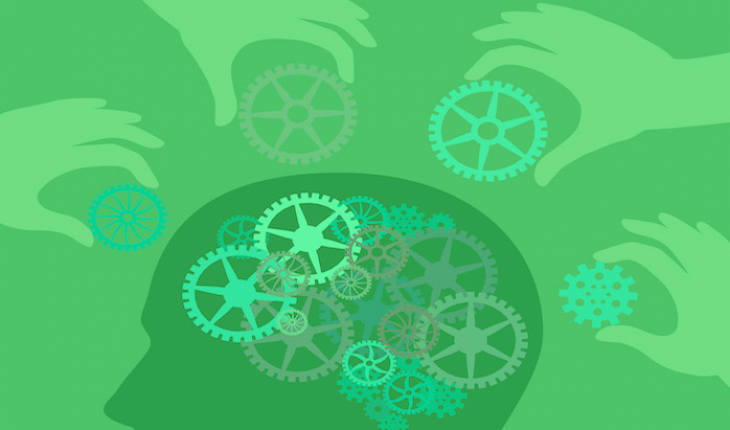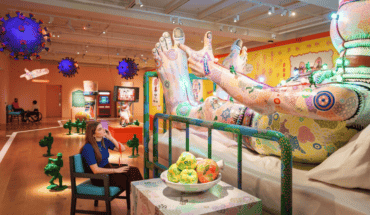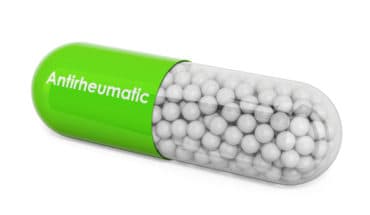Dr Fayyaz Ahmed is a neurology consultant based at the Hull Royal Infirmary and a founding member and educational officer of the British Association for the Study of Headaches, which celebrates its Silver Jubilee next year. He believes that the misdiagnosis of headaches by GPs is leading to a lot of unnecessary suffering, and a great deal of wasted time for hospital specialists.
‘Headaches may be trivial in some cases, but for some people, frequent severe headaches can destroy their quality of life. Getting the diagnosis right from the outset is of crucial importance but too often, doctors in primary care get it wrong. This can lead to people receiving no treatment, or the wrong treatment. People may suffer for years when the problem could have been resolved from the outset. Or GPs push the panic button and decide it must be a haemorrhage, meningitis or tumour when it is actually a migraine. I would say that the majority of referrals we receive from GPs into the hospital setting are based on a misdiagnosis.
Many GPs and community nurses simply don’t understand headache very well. The problem starts at medical school. If you are lucky, you might get to spend an hour or so reading or researching about headache in the five years of training. Headache has been consigned to a non-fatal inconvenience. But headaches may be one of the single most single debilitating health issues in the UK. Ten million people in the UK get headaches regularly.
One major issue I find is that GPs are very quick to diagnose migraines, which can be very painful and are sometimes accompanied by aura and increased sensitivity to light and sound.
True, it’s important that people with migraines receive the correct help, but in my experience, it is often another type of headache that is really leading to the severe throbbing pain. The most common culprit is medical overuse headaches. People self-medicate themselves with OTC headache drugs that contain caffeine and or codeine (a weak opiod.) Over months and years, they up the dose because they need more to get the same effect. And the rebound headaches become the problem, needing more medication to make them go away.
If GPs don’t ask the right questions, they can easily assume this is a migraine and prescribe yet more drugs which won’t help. Yet the underlying problem is still there, getting worse. Migraine drugs also have side effects. Toperamide can make people very forgetful and can encourage the development of kidney stones. You don’t want to be taking it if it isn’t going to reduce your headache symptoms.
People who suffer from cluster headaches are often missed because their excruciating symptoms come on daily for a few weeks or months before disappearing again. Also known as alarm clock headaches, or ‘suicide’ headaches, these can be extremely severe. Because there are no named doctors anymore, patients go to see one GP to talk about their symptoms, which now seem to have gone. When they reappear, they call up and get another appointment with a second doctor, who doesn’t join the dots. If only they could make a correct diagnosis, sufferers could be given medication which stops and attack before it happens. In extreme cases, we give patients with cluster headaches 100 per cent pure oxygen which they can keep by their beds. This can reduce the period that an attack lasts to just a few minutes.
Ironically, people who really do have migraines are often missed too. Getting this mixed up can have serious consequences. People who have migraines can take medication to reduce or halt symptoms – if only they knew they had migraines.
Doctors at the sharp end of primary care need to have better information and education so they know how to accurately diagnosis common forms of headache. That is where the British Association for the Study of Headache comes in. For the last 25 years, we have been organising seminars and conferences around the country for medical professionals. Doctors and GPs should make time to come along and learn the skills they need to tackle this problem head on.
Next BASH event. Liverpool Medical Institute. 11th March 2016
- A migraine is a real headache - 6th March 2016







